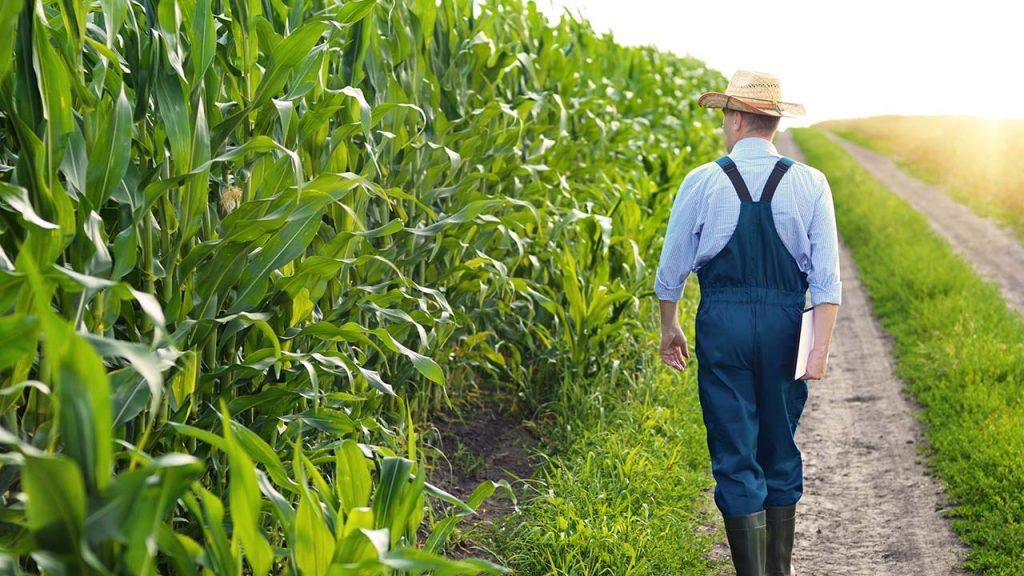The increasing digitization of the American agricultural sector, while offering advancements in efficiency and productivity, has also opened it up to a new frontier of cybersecurity threats. This burgeoning vulnerability has largely flown under the radar compared to other high-profile cyberattacks, yet experts warn that the potential consequences to the nation’s food supply and economy are significant. The interconnected nature of modern farming, relying on autonomous vehicles, GPS technology, and networked infrastructure, creates multiple entry points for malicious actors, ranging from nation-state adversaries like China to individual hackers. As political leaders from agricultural states assume prominent positions in Washington, the urgency to address these vulnerabilities becomes even more critical.
The potential for disruption extends across the entire agricultural supply chain, from the initial planting and harvesting stages to the transportation and distribution of goods. Modern farming equipment, including tractors, harvesters, and grain elevators, is increasingly reliant on software, sensors, and network connectivity. This reliance presents opportunities for hackers to disrupt operations, potentially causing delays in planting, harvesting, or transportation, leading to food shortages, price spikes, and economic losses. Furthermore, the increasing use of drones in agriculture adds another layer of complexity to the cybersecurity landscape, as these unmanned aerial vehicles can also be hacked and manipulated for malicious purposes.
The vulnerability of the agricultural sector is not limited to individual farms and equipment. The supporting infrastructure, including water systems, electrical grids, and communication networks, is also susceptible to cyberattacks. These systems are often interconnected, and a compromise in one area can have cascading effects on others. For instance, a cyberattack on the electrical grid could disrupt the operation of irrigation systems, impacting crop yields and potentially leading to widespread food shortages. Similarly, an attack on communication networks could disrupt the flow of information between farmers, suppliers, and distributors, hindering the efficient operation of the agricultural supply chain.
The threat from foreign adversaries like China adds another dimension to the cybersecurity challenge facing the American agricultural sector. The sale of cheap hardware by Chinese companies, like Huawei, to rural telecom entities raises concerns about potential backdoors and vulnerabilities that could be exploited for espionage or sabotage. These concerns are not limited to communication networks; the increasing reliance on foreign-made components in agricultural machinery also poses a potential security risk. The possibility of malicious code embedded in these components could allow adversaries to disrupt or control critical agricultural equipment, potentially jeopardizing the nation’s food supply.
The convergence of these factors – the increasing digitization of agriculture, the interconnected nature of the sector, and the threat from foreign adversaries – creates a complex and evolving cybersecurity challenge. Addressing this challenge requires a multi-faceted approach involving government agencies, private industry, and individual farmers. Strengthening cybersecurity standards for agricultural equipment and infrastructure, promoting information sharing and collaboration between stakeholders, and investing in research and development of secure technologies are crucial steps in mitigating these risks. Furthermore, raising awareness among farmers about the potential cybersecurity threats and providing them with the resources and training they need to protect their operations is essential.
The future of American agriculture hinges on the ability to secure this critical infrastructure from cyber threats. As technology continues to advance and the sector becomes increasingly reliant on digital systems, the importance of robust cybersecurity measures will only grow. Failing to address these vulnerabilities could have devastating consequences for the nation’s food supply, economy, and national security. It is imperative that policymakers, industry leaders, and farmers work together to develop and implement effective strategies to protect this vital sector from the growing threat of cyberattacks. The stakes are simply too high to ignore.










